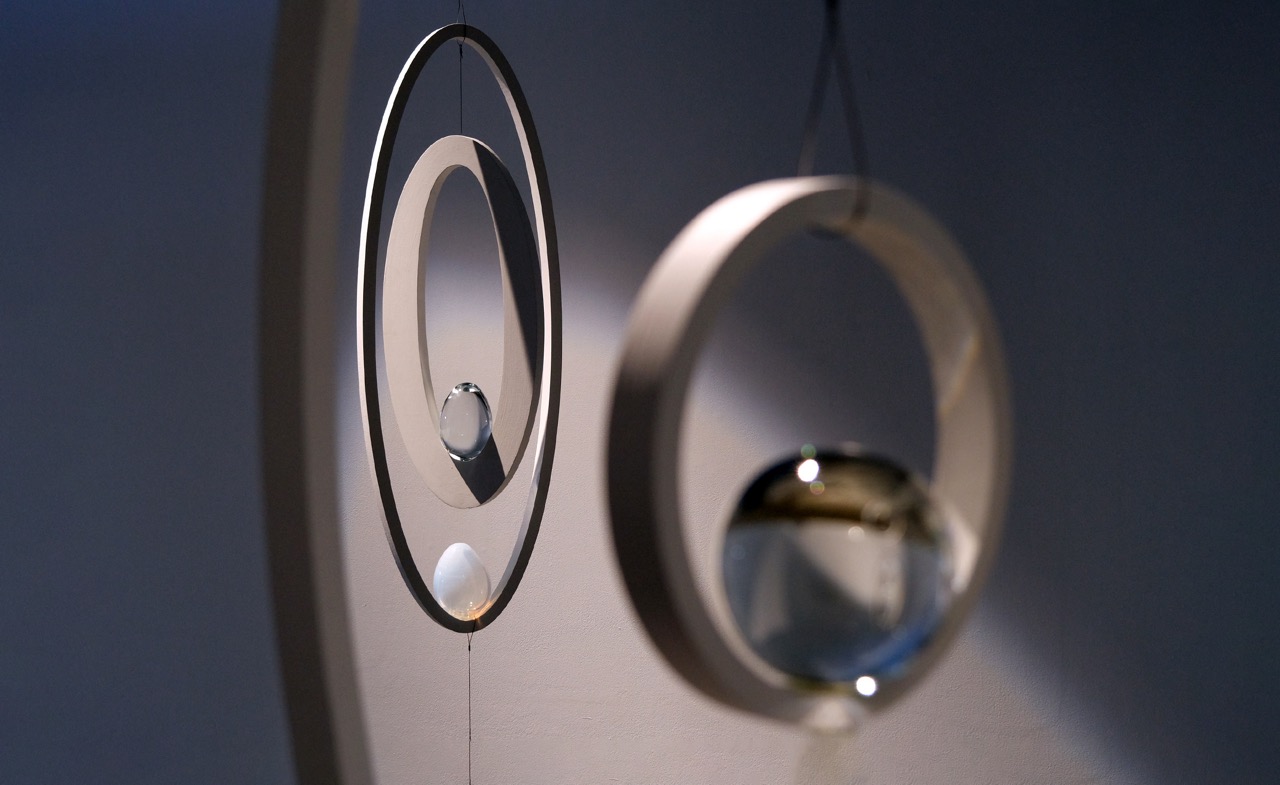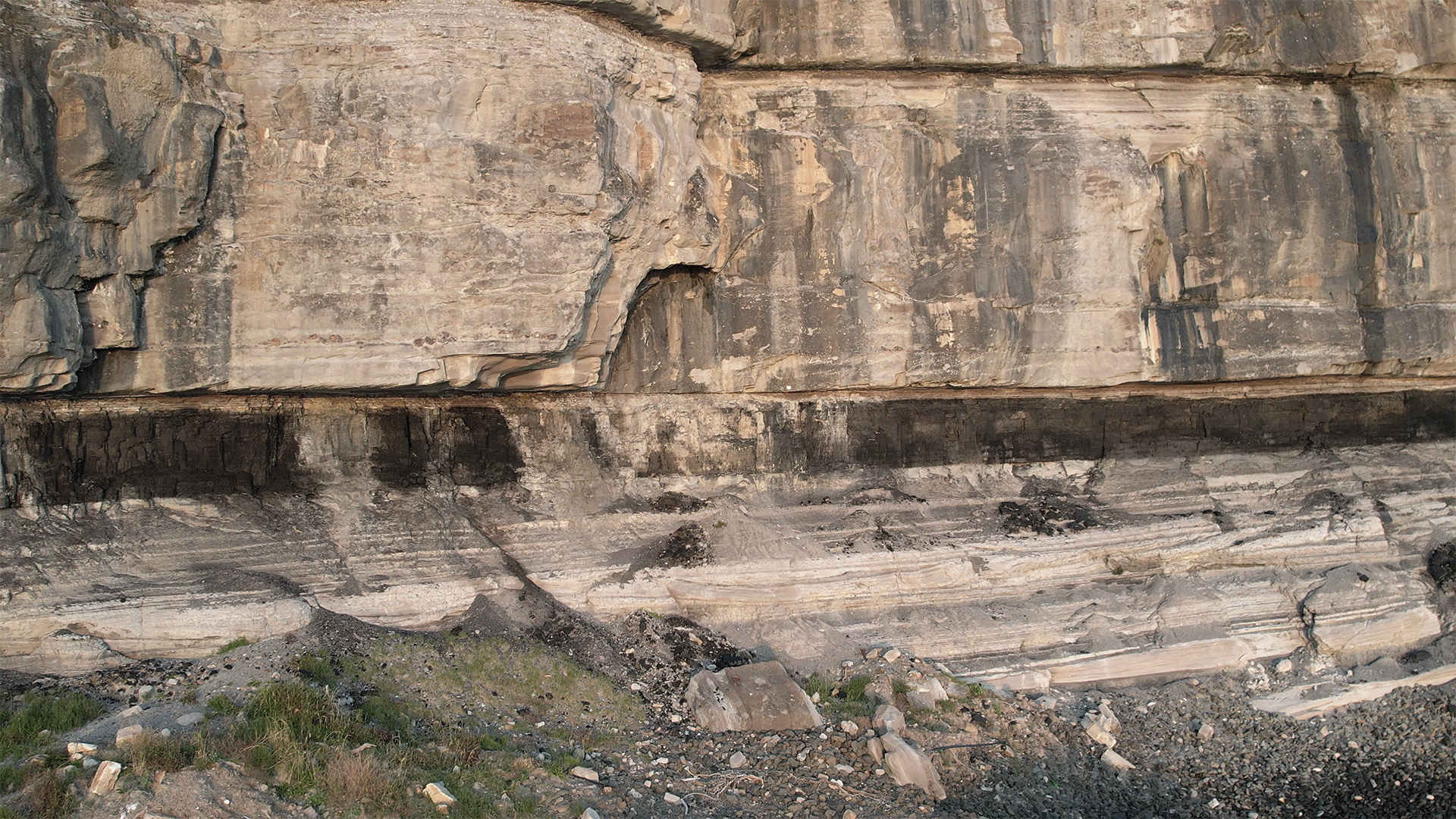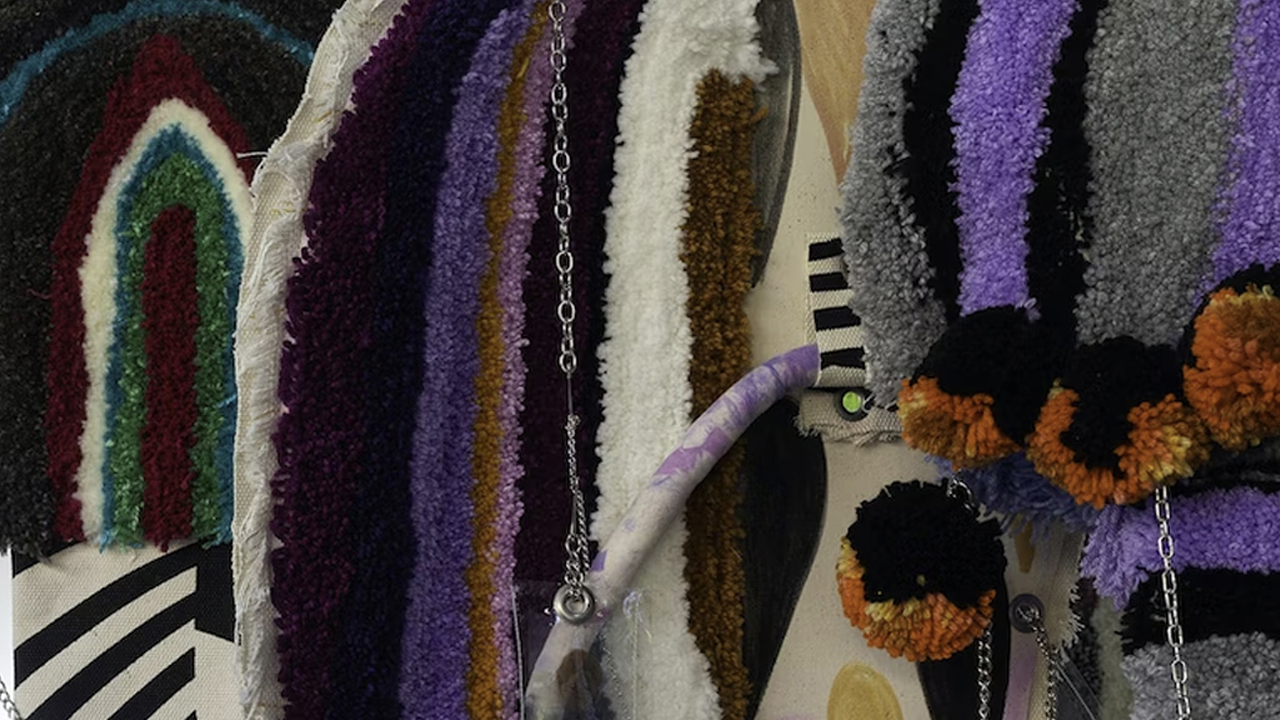The Tivoli and Chinese theatre in war-time Australia, 1937–1945

In this joint seminar, Josh Stenberg (Chinese Studies, University of Sydney) and Jonathan Bollen (Theatre and Performance Studies, UNSW) share preliminary research on Chinese theatre in war-time Australia between 1937 and 1945.
The Tivoli Circuit was the pre-eminent producer of variety-revue for audiences in mid twentieth-century Australia. Its ‘quasi-formal’ function as ‘a national entertainment quartermaster administering vital civilian and military morale from its straitened material supplies’ during the Pacific War has also been demonstrated (Kelly 2017: 180). The Sydney Tivoli occupied a site on Castlereagh Street between Campbell and Hay Streets on the block across Belmore Park from Central Station. It formed part of a regional circuit, with a counterpart in Melbourne, and a touring network that reached Brisbane, Adelaide, Perth, and across to New Zealand. Moreover, it was at the heart of Sydney’s Chinatown, though its significance as a venue for the Chinese community in Australia, and as a site of war-time mobilisation in support of China’s war with Japan, has not been recognised.
In those years, the Chinese Youth League and other Chinese organisations in Sydney staged productions of Chinese theatre and rallied audiences upwards of 1,000 to fundraising events at the Tivoli Theatre and other nearby venues, including the Australian Hall on Elizabeth Street, the Trocadero Ballroom on George Street, and the Sydney Town Hall. Bollen follows the itinerary of the entrepreneur Lau Fu Chung of Hong Kong and his business dealings with the Tivoli Circuit. In collaboration with the Tivoli, Chung commercialised the war-time mobilisation of pro-China support, touring troupes of Chinese acrobats and Chinese-Australian artists throughout Australia and New Zealand from 1938 to 1941. Stenberg traces how the activities of the Chinese Youth League, which was founded as the Chinese Youth Dramatic Association in 1939, harnessed productions of Cantonese and Hainanese opera and modern Chinese drama to mobilise support for the war against Japan.
Jonathan Bollen is Associate Professor of Theatre and Performance Studies in the School of the Arts and Media at UNSW. He is the author of Touring Variety in the Asia Pacific Region, 1946–1975 (Palgrave 2020) and co-author of A Global Doll's House: Ibsen and Distant Visions (Palgrave 2016) and Men at Play: Masculinities in Australian Theatre since the 1950s (Rodopi 2008). He is chief investigator on the ARC LIEF for the AusStage database, and leads the Performance Memories partnership between UNSW Library and the Dennis Wolanski Foundation.
Josh Stenberg is ARC DECRA Research Fellow and Senior Lecturer in Chinese Studies at the University of Sydney. He obtained his B.A. from Harvard College, his M.A. from the University of British Columbia, and his PhD in Chinese Theatre from Nanjing University. He was a Fulbright Taiwan fellow and a Social Sciences and Humanities Research Council of Canada Postdoctoral Fellow in Theatre and Film before taking up his current position at the University of Sydney. He is the author of Minority Stages: Sino- Indonesian Performance and Public Display (University of Hawaii Press 2019).
This seminar is presented by the School of the Arts and Media, Faculty of Arts, Architecture and Design, UNSW Sydney.
Email: j.bollen@unsw.edu.au to request Zoom link for seminar.



